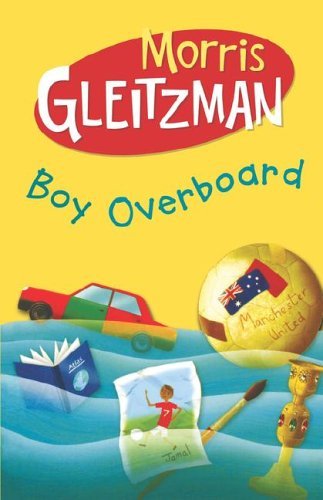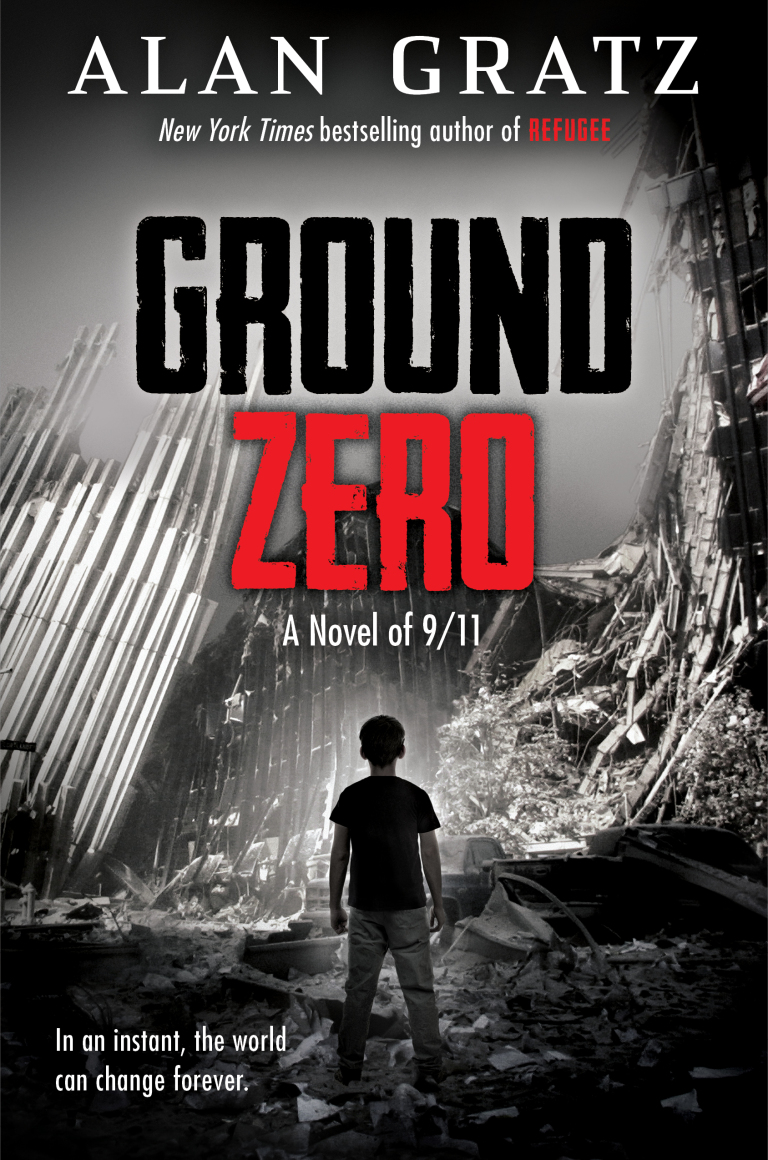
Refugee
Book Description
Three lives, three desperate journeys woven through the fabric of history. A young Jewish boy fleeing Nazi Germany, a Cuban girl escaping a sinking future on rafts of hope, and a Syrian boy risking everything for a chance at freedom. As they navigate treacherous waters and face unimaginable danger, their stories collide in a powerful quest for survival and belonging. Each harrowing choice and heart-wrenching sacrifice echoes the struggles of countless refugees. Will their dreams of safety triumph over despair, or will their searches for refuge be swallowed by a world indifferent to their plight?
Quick Book Summary
"Refugee" by Alan Gratz is a gripping historical fiction novel that intertwines the journeys of three young people escaping danger in different times and places. Josef, a Jewish boy in 1930s Nazi Germany, flees persecution towards an uncertain future. Isabel, a Cuban girl in 1994, braves the sea on a makeshift raft, desperate to escape the political and economic crisis of her homeland. Mahmoud, a Syrian boy in 2015, endures perilous travel across war-torn land and sea to find safety in Europe. Through alternating narratives, Gratz reveals how bravery, family, and hope help these children survive insurmountable odds. Their stories, though separated by decades, ultimately converge in an unexpected and moving way, emphasizing the universal human yearning for home, safety, and acceptance.
Summary of Key Ideas
Table of Contents
The Struggle for Survival and Safety
The novel opens with three separate narratives, each featuring a young refugee from a different era and place. Josef Landau is a Jewish boy in 1938 Berlin, whose family’s life becomes endangered under the Nazi regime. Their only hope is to board the MS St. Louis, bound for Cuba, though the threat of rejection follows them across the ocean. Isabel Fernandez’s story takes place in Cuba in 1994. Facing economic turmoil and political repression, her family decides to escape to the United States on a makeshift boat, braving treacherous seas and the possibility of capture or death. Meanwhile, Mahmoud Bishara lives in war-torn Aleppo, Syria, in 2015. After their apartment is destroyed, Mahmoud’s family sets out on a dangerous trek across land and sea toward Germany, confronting smugglers, police, and the overwhelming challenge of migration in the modern era.
Family and Sacrifice
As each narrative unfolds, the young protagonists show remarkable resilience and resourcefulness, driven by the love for their families. Josef faces moral dilemmas and leadership responsibilities beyond his years, especially as his father struggles with trauma and his mother tries to keep the family together. Isabel’s love for music and her close bond with her family fuel her courage, even as she faces hunger and loss on the journey. Mahmoud, shaped by years of hiding from violence, learns that sometimes it is necessary to be visible—to ask for help and assert one’s existence—in order to survive.
Resilience Amidst Adversity
Alan Gratz skillfully weaves the historical realities of each era into the personal struggles of his characters, vividly portraying the dangers and uncertainty refugees face. The perils range from state-sponsored violence and anti-Semitism in Nazi Germany, to the hardships and hope of the “balseros” (rafters) fleeing Cuba, to the highly publicized refugee crisis from Syria. Along the way, each family encounters both cruelty and compassion, highlighting the duality of humanity’s capacity for harm and help. The author drives home the message that, while historical circumstances differ, the pain and hope of seeking refuge remain deeply universal.
The Interconnectedness of Human Stories
The structure of the novel draws parallels between the three journeys, emphasizing themes of sacrifice, resilience, and the impact of seemingly small acts of kindness or indifference. The children must each make life-altering choices and bear witness to family members’ suffering or loss. As the storylines converge, the reader discovers how the characters’ lives are unexpectedly linked, offering a powerful reminder that the struggle for safety connects people across time and borders. Through their intersecting experiences, Gratz underscores the ongoing plight of refugees while inspiring empathy and action in readers.
Empathy and Global Responsibility
Ultimately, "Refugee" is both a thrilling adventure and a call for compassion. By portraying young people’s courage under extreme circumstances, the book gently urges readers—especially younger audiences—to understand refugee experiences, challenge prejudice, and recognize their part in the global story of migration. The novel’s conclusion thoughtfully reflects on memory, legacy, and the enduring hope that those seeking refuge will find a place to belong.
Download This Summary
Get a free PDF of this summary instantly — no email required.





